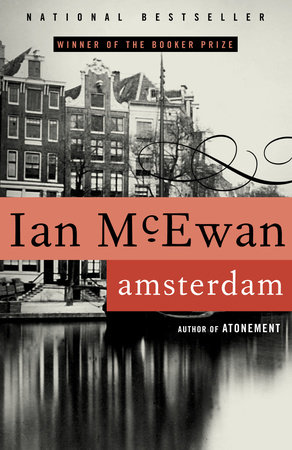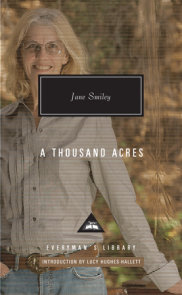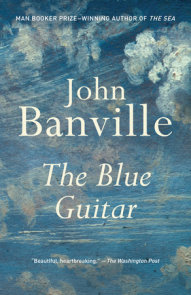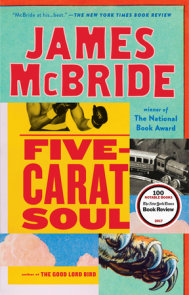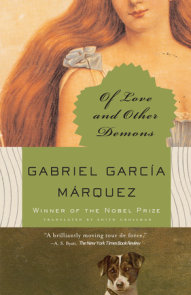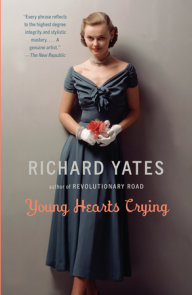READERS GUIDE
Ian McEwan’s Booker Prize-winning novel Amsterdam showcase the author’s range and skill as he delivers unlikely, and welcome, combinations of suspense, ethics, philosophy, and political and religious ideology. In lesser hands, such a mix might be lethal. In McEwan’s, it’s intoxicating.Introduction
"When it comes to being reasonable, they rather go over the top."Though this character in Amsterdam is referring specifically to the Dutch people, going over the top is something McEwan does well. Lucky for readers, he vaults high and makes his landings stick.
Amsterdam is wry and smart. Its characters are tested by the irritating circumstances of daily existence familiar to everybody who maneuvers through modern life. They’re tested by weightier issues, too–betrayal, death of a loved one, hypocrisy, the power of the media, loneliness. McEwan understands that these dilemmas have even more impact when he gives his readers reason to laugh. And in Amsterdam, he does.
In this novel, two successful men, composer Clive Linley and newspaper editor Vernon Halliday, good friends and former lovers of Molly Lane, meet at her funeral and soon find themselves thick in the midst of events that will test their ethics and their friendship. The choices Clive and Vernon make will alternately challenge, astonish, and amuse readers who become privy to the thoughts of these two talented men. Along the way, readers receive detailed portraits of a newspaper editor determined to air a scandal and sway public opinion and a frustrated composer who ultimately falls short of the demands of his art.
The novel ends with final acts by Clive and Vernon that are rather shocking statements–statements that a less confident and intelligent writer might not allow his characters to make. But in Amsterdam, as in Wonderland, up is down and down is up, and readers will be entertained, challenged, and grateful for it.
Questions and Topics for Discussion
1. Talk about the tone of this novel. Is it ironic? Humorous? Menacing?
2. Think about Clive and Vernon and your feelings about each at different stages of the novel. Did those feelings change? If so, at what key points?
3. In a relatively short novel, the author devotes many pages to Clive’s creative process. What do you think of the author’s description of the process itself and of his decision to give it so much space?
4. At one early point in the novel, Vernon Halliday thinks this about himself, "[H]e was infinitely diluted; he was simply the sum of all the people who had listened to him, and when he was alone, he was nothing at all." Discuss this prescient statement, in light of Vernon’s fate.
5. Discuss the role of lucky (and unlucky) coincidence in the novel: Vernon’s rise in his profession due to "Pategate" or the story in the Judge about euthanasia in Holland that leads Clive and Vernon there.
6. Talk about the author’s skill in showing the workplace; the composer’s process and studio; the newspaper editor’s office.
7. This novel is funny—the Siamese twins story, the sub-editor who could not spell—talk about the role of humor in the novel.
8. At different points in the novel, both Clive and Vernon think that Clive has given more to their friendship than Vernon has. Talk about the form and course of their friendship. Can friendships ever be equal?
9. The author suggests that years and success narrow life. Is this true to your experience?
10. The author withholds information throughout the novel, offering bits that are only fully developed later (the photographs of Garmony, the importance of the "medical scandal in Holland"). Talk about the author’s use of suspense.
11. How shaky is Clive’s moral foundation? Should he be allowed to condemn his fellow artists who "assume the license of free artistic spirit" and renege on commitments, even as Clive ignores the plight of a woman he witnesses being attacked?
12. Vernon wants to crucify Garmony for the greater good of the republic. Is this ever a valid reason to go after a politician? Do you agree with Clive that Vernon is betraying Molly’s trust? Or do you side with Vernon in his wish to stop a vile leader from gaining power?
13. Talk about the parallels between the fictional political scandal the author creates and the real one that has occupied Washington, D.C., for the past year. Is the author commenting on U.S. politics and media with this novel?
14. Is everybody in Amsterdam a hypocrite?
15. Clive thinks he’s a genius. How do you define genius? Does Clive fit the definition?
16. Talk about Molly and the importance of her role in the novel. Are there other examples in literature of characters who carry great weight and importance even though they never appear?
17. At Allen Crags where Clive watches the woman and man struggle, the author writes, "Clive knew exactly what it was he had to do….He had decided at the very moment he was interrupted." Was there any question in your mind at that point about what Clive’s decision was? Were you correct?
18. What do you make of the author’s choice to have Clive die happy, that is, unaware that he’s been poisoned, but to have Vernon grasp in his last seconds "…where he really was and what must have been in his champagne and who these visitors were."
About this Author
In a 1987 interview in Publishers Weekly, Ian McEwan said, “[W]hen you love someone, it’s not uncommon to measure that love by fantasizing about his absence. You gauge things by their opposite.” In McEwan’s works, the opposite is a theme. His characters may take action that seems opposite to all sorts of things, their best interests, their lovers, their friends, their morals, or their political, religious, or rationalist beliefs. This is the tension and the story. And it is this, along with his acute and beautifully written observations about the opposites that infuse our lives, that keep readers waiting for the next McEwan novel.McEwan is the author of two short-story collections, First Love, Last Rites and In Between the Sheets, and eight novels: The Cement Garden; The Comfort of Strangers, short-listed for the 1981 Booker Prize; The Child in Time, winner of the 1987 Whitbread Novel of the Year Award; The Innocent; Black Dogs; The Daydreamer; Enduring Love; and Amsterdam, winner of the 1998 Booker Prize.






